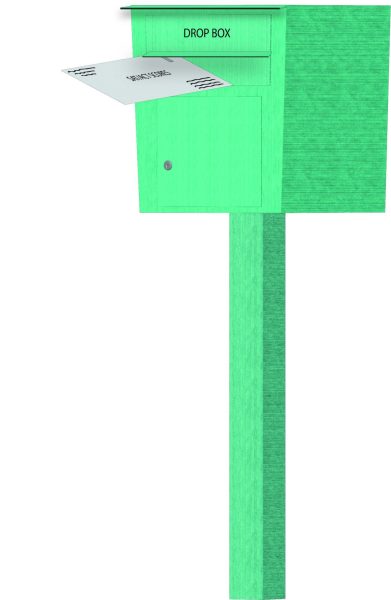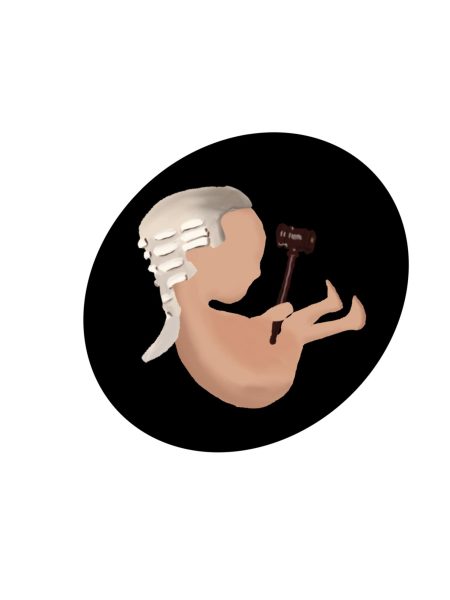Public charge rule echoes xenophobia
February 4, 2020
The Trump administration is making headway on their aggressive anti-immigration stance after a 5-4 Supreme Court decision, on Monday, Jan. 27, in favor of implementing a new public charge rule that would target low-income immigrants seeking lawful permanent residence or more widely known as a “green card.”
The term “public charge” is defined in a 1999 Immigration Act Guidance as someone “primarily dependent on the government for subsistence, as demonstrated by either the receipt of public cash assistance for income maintenance or institutionalization for long-term care at government expense.”
However, in August of 2019, the Trump administration unveiled a new rule that expanded the list of safety-net programs that, if deemed likely to be used by immigrants seeking a green card for even just 12 out of any future 36-month period, would allow case-workers to deny their petition on public charge grounds. It gives huge discretion to government officials to “predict” who will become a public charge through what is essentially a wealth test. In the past, only the acceptance of cash benefits such as social security could classify one as a public charge, and as a result, inadmissible to the U.S. The new rule now includes programs that subsidize basic day-to-day necessities such as Supplemental Nutrition Assistance Program, Medicaid and housing vouchers to name a few.
This new amendment would apply to any of the estimated 300 to 500 Deferred Action for Childhood Arrivals (DACA) recipients at UTSA who are potentially seeking legal permanent residence. It should be noted that DACA recipients do not qualify to receive any government assistance and this new policy would only serve to increase the difficulty on their path to citizenship. This isn’t the first time the current administration has made life harder for DREAMers. Back in September 2017, Trump announced that he planned to terminate the program. It has since been kept alive due to efforts from lower courts.
The president’s agenda is to cut down on both illegal and legal immigration, despite studies showing that immigration consistently benefits overall economic growth and that immigrants on average use less public welfare programs than native citizens. Further, immigrants contribute over a billion dollars in taxpayer money in San Antonio alone.
Another issue is the chilling effect this new rule will have on lawful enrollment in public welfare programs like Medicaid and food stamps. Due to fear and confusion, many immigrants that will not be directly affected by the new rule are likely to withdraw themselves or their family from programs despite the potential consequences such as declining health and malnutrition. A similar phenomenon occurred after the Illegal Immigration Reform and Immigrant Responsibility Act of 1996. When it passed, widespread confusion led to a large decline in Medicaid enrollment despite the fact that if someone qualifies for programs like Medicaid, they are almost certainly not subject to the ramifications of a public charge rule.
This rule change will disproportionately prevent racial minorities from legally entering the U.S., furthering a racist and xenophobic agenda.







